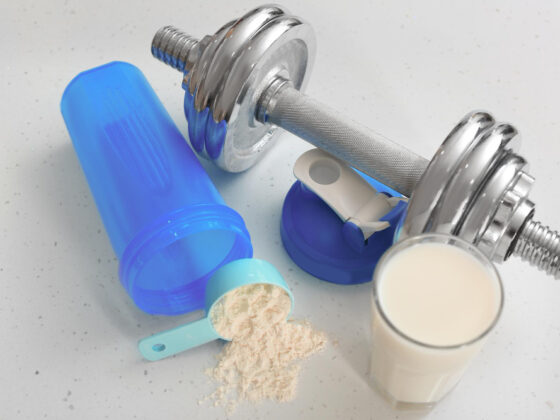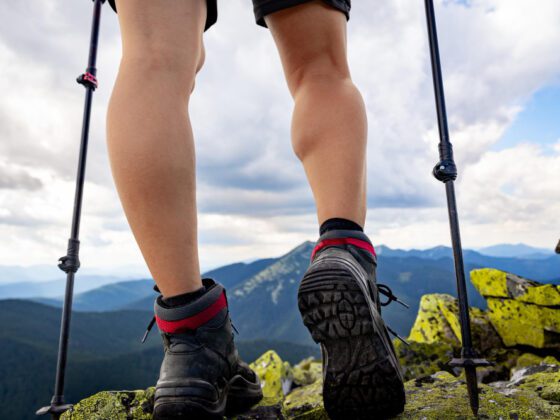Table of Contents Show
✍️ AI is summarizing:
Caffeine has long been a popular choice for athletes, especially runners, seeking to enhance their performance. From pre-race rituals to casual joggers looking for an extra boost, caffeine’s effects on running are profound and varied. So, should you drink coffee before your race? Let’s explore the insights on caffeine before running and its role in performance enhancement.
Related post:
- Understanding Protein Needs for Seniors: A Complete Guide
- Healthy Protein Bars: Fuel Your Active Life with the Right Choice
- The Essential Pistachios Health Benefits in Your Daily Diet
The ritual of caffeine before running

Many elite runners swear by their pre-race coffee rituals, believing that caffeine before running is crucial to their performance strategy. Consuming caffeine can help athletes find the energy stored in their muscles, even when mental fatigue sets in.
However, what works for elite athletes may not apply universally. Understanding caffeine’s benefits for all runners is essential, as research indicates that caffeine before running can lead to an average performance improvement of 3-4% over placebo.
Benefits of caffeine before running and during exercise

Caffeine before running offers several advantages when consumed before and during runs. It enhances mental clarity, lowers perceived effort, and reduces fatigue by acting on the central nervous system. Maintaining caffeine intake throughout a race—whether through gels, chews, or even soda—keeps runners alert, helping them avoid hazards and make better decisions, particularly in long-distance events.
Even a low dose, between 1 to 3 milligrams per kilogram of body weight, can yield positive results. For most runners, this equates to one to two cups of coffee (80 to 100 mg per cup) before running. For those looking for a finishing kick or engaging in short, intense workouts, a higher dose may be beneficial, but moderation is key to avoiding negative side effects.
Timing and dosage of caffeine before running matter

Timing is critical when it comes to caffeine before running. It typically takes about an hour for caffeine to be absorbed into the bloodstream, with its effects peaking within the first four hours. It’s recommended to drink a cup of coffee an hour before a race, followed by smaller doses during longer efforts. For new runners, starting with 3 mg/kg before running and adding 1-3 mg/kg per hour can optimize performance, translating to one or two gels per hour.
However, individual responses to caffeine before running can vary significantly. Factors such as genetics influence how quickly caffeine is metabolized, meaning the one-hour guideline is just a starting point. Runners should experiment during training to find what works best for them.
Choosing the right form of caffeine before running

Caffeine before running can be consumed in various forms: coffee, gels, energy drinks, or chews. The method of ingestion doesn’t significantly affect how quickly caffeine takes effect. For those worried about the bitterness of traditional gels, products providing a smoother alternative with higher caffeine content can make it easier to consume during intense efforts.
Conclusion
While caffeine before running can be a powerful performance enhancer, it’s essential to approach its use thoughtfully. Excessive caffeine intake can lead to side effects like dizziness, nausea, and gastrointestinal issues, especially during long or strenuous workouts. Ultimately, runners must trial different caffeine strategies during training to discover their optimal approach.
Just as with shoes or nutrition, finding the right caffeine before running a routine takes experimentation and adjustment. So, whether you’re preparing for a marathon or a casual run, consider how caffeine before running can fit into your strategy for success. Follow our official Facebook page now to receive more interesting information.












